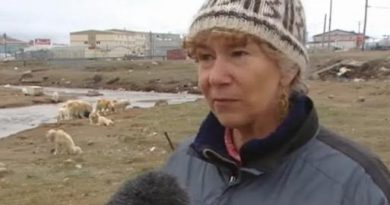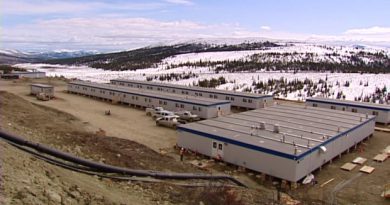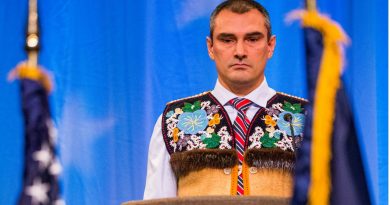Fire season in Yukon, northwestern Canada was ‘complex and challenging’
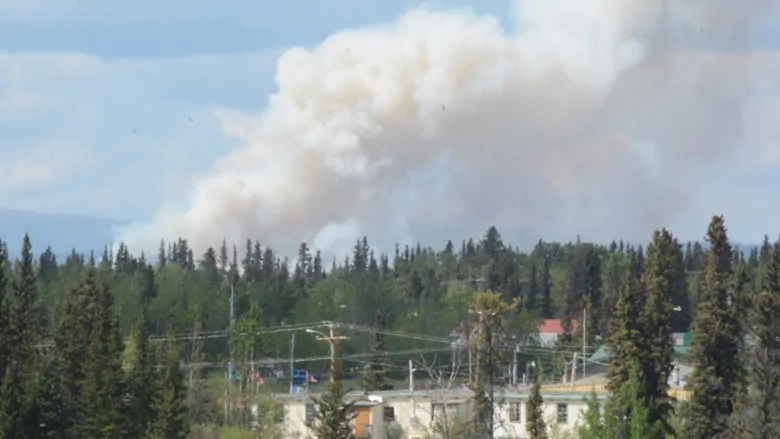
Damien Burns, the director of Yukon Wildland Fire Management, says firefighters in Yukon had quite a summer this year — and that conditions are changing in the territory.
“We do see this evidence of climate change,” he said. “We do expect longer seasons, more intense weather events, and more severe, faster-moving fires.”
Not all fires are out, but the fire season in Yukon is regarded as officially over. In all, there were 177 wildfires across the territory, burning about 2,800 square kilometres.
“I would describe this fire season as one of our most complex and challenging fire seasons in the last 15 years,” Burns said.
Fires near Haines Junction and Dawson City had some residents on edge, and some communities were under evacuation alerts. Many communities got used to persistent smoke in the air. Highways were occasionally closed, a campground was evacuated, and many communities were under a fire ban at some point over the summer.
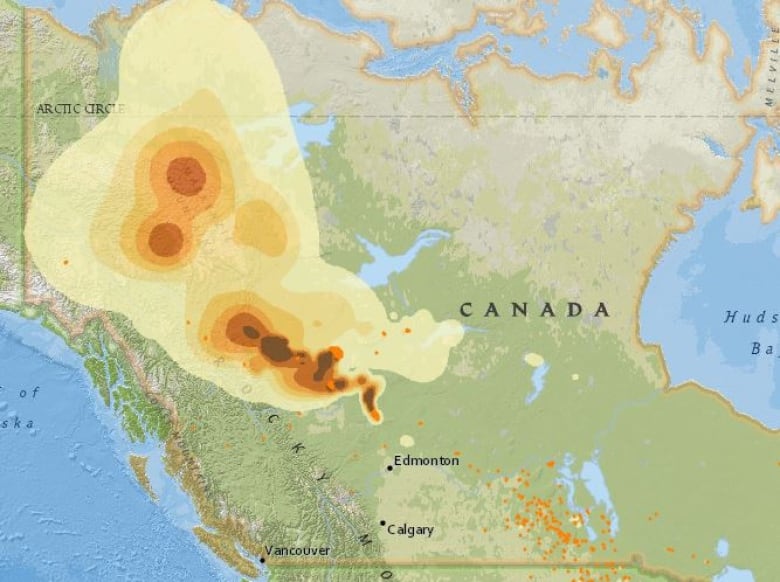
The season also extended well into September, with a large fire near Stewart Crossing and Mayo growing fast enough to prompt a week-long evacuation alert in the area.
Burns says he doesn’t know yet how much the government spent this year on wildfires, but expects the final number will be “quite high.”
More human-caused fires
Thirty-five fires were human-caused. That represents a significant increase over past years, and Burns says it’s disappointing.
“It’s the campfire ones that we really get disappointed in people about. They are 100 per cent preventable if people just remember to practice good campfire safety,” he said.
Another challenge this year was what he called “drought codes,” or the long-term drying of forest fuels.
“That’s what really causes that very aggressive fire behaviour that we saw, and allows fires to burn so intensely and aggressively,” he said.
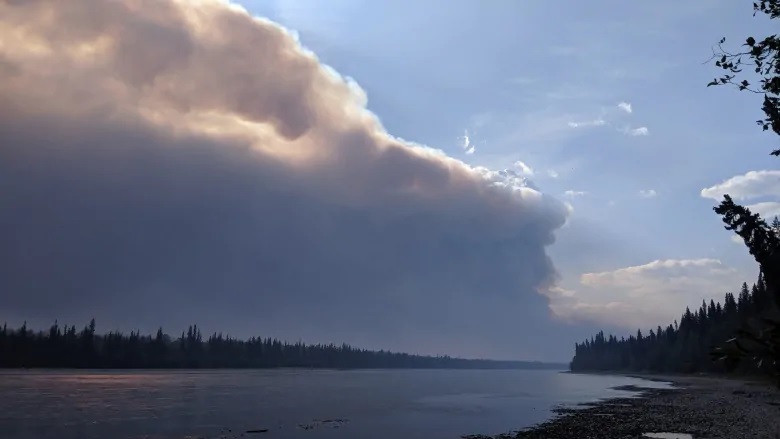
Last month’s fire near Mayo also generated a rare pyrocumulus cloud, which he describes as a smoke column that grows big enough and hot enough to start shooting lightning.
“It rare to happen even in July and August in Yukon, when when we would expect the hottest and driest conditions. So to see it occurring in September is certainly something that we’re going to study,” he said.
Firefighters are having to adapt to changing conditions, he said. Officials hope to develop community wildfire protection plans, to manage forest fuels and lessen the potential risk.
Written by Paul Tukker, with files from Elyn Jones
Related stories from around the North:
Canada: ‘History-maker’ wildfire in northwestern Canada could flare up again, politician worries, CBC News
Norway: Arctic summer 2019: record heat, dramatic ice loss and raging wildfires, The Independent Barents Observer
Russia: 2019 Arctic wildfire season ‘unprecedented’ say experts, The Independent Barents Observer
Sweden: Study on Swedish wildfires shows how to make forests rise from the ashes, Radio Sweden
United States: Drivers describe ‘hellfire’ on Southcentral Alaska highway, Alaska Public Media

